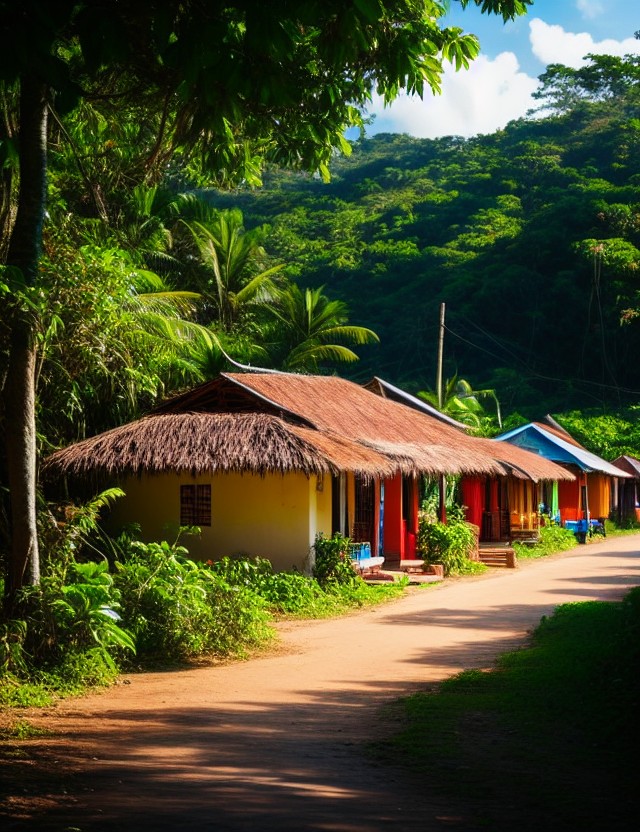Share
Beyond Charity: Why Involving Local Communities is Good for Business and Beyond

Local Communities: Key Players in Sustainable Tourism
Inclusive development is no longer just a buzzword. It’s a necessity for sustainable development. And when it comes to involving local communities in sustainable development initiatives, it’s not just about charity – it’s about good business.
Local communities are the owners of the resources and cultural heritage that attract visitors in the first place. As such, they have a critical role to play in the guest journey and satisfaction. Involving them in sustainable tourism initiatives not only benefits the environment and the community, but also contributes to the overall success of the tourism industry.
When local communities are empowered to participate in the tourism industry, they can provide unique insights and experiences that cannot be replicated by outsiders. This not only enhances the guest experience, but also contributes to the local economy. By involving local businesses in sustainable tourism initiatives, visitors can support the local economy and contribute to the long-term sustainability of the community.
Empowering Local Communities in the Tourism Industry
Furthermore, involving local communities in sustainable tourism initiatives can help to preserve cultural heritage and traditions. By involving local artisans, performers, and other cultural stakeholders in the tourism industry, visitors can learn about the unique traditions and customs of the local community, preserving them for future generations to come.
But it’s not just about altruism. Involving local communities means business. By creating an authentic and unique tourism experience, visitors are more likely to return and recommend the destination to others. This creates a sustainable and profitable tourism industry that benefits everyone involved.
Community Engagement for Sustainable Tourism Success
However, involving local communities requires more than just lip service. It requires a commitment to community engagement, education, and empowerment. Local communities must be given the tools and resources to participate in the tourism industry on their own terms, and must be recognized for the value they bring to the guest experience.
In conclusion, involving local communities in sustainable tourism initiatives is not just a moral imperative – it’s good business. By empowering local communities to participate in the tourism industry and providing unique and authentic experiences to visitors, we can create a sustainable and profitable industry that benefits everyone involved. So let’s work together to make sustainable tourism for real, one community at a time!
We would love to hear from you. Engage with us. Leave a comment below.
About the Author:
Dr. Auliana Poon
Managing Director/Chief Strategist
Leve Global

Dr. Auliana Poon heads Leve-Global. She is a courageous and passionate businesswoman. A trained Economist, Dr. Poon is a management consultant and strategist with a focus on sustainable and responsible tourism, climate adaptation, and regenerative economic development. Dr. Poon led teams that developed innovative economic solutions for over 50 countries around the world including Australia, Barbados, the Bahamas, Iceland, Indonesia, Jamaica, Mauritius, Mozambique, Singapore, Seychelles, South Africa, Swaziland, Switzerland and Zambia.
An experienced researcher and analyst with fiercely independent thought, Dr Poon believes that developing countries cannot continue to compete with natural attributes – Sun, Sand, Sea, Oil and Natural Gas alone. For success and sustainability, a more people-centred, culture-oriented, innovation-based, sustainability-directed, technology-focused and talent-driven approach is needed.
